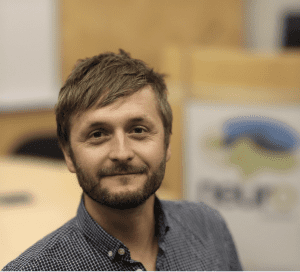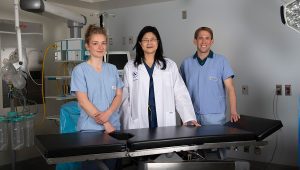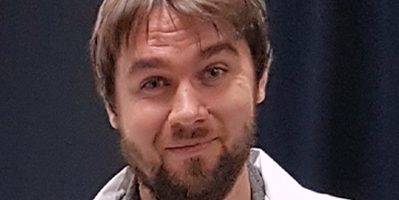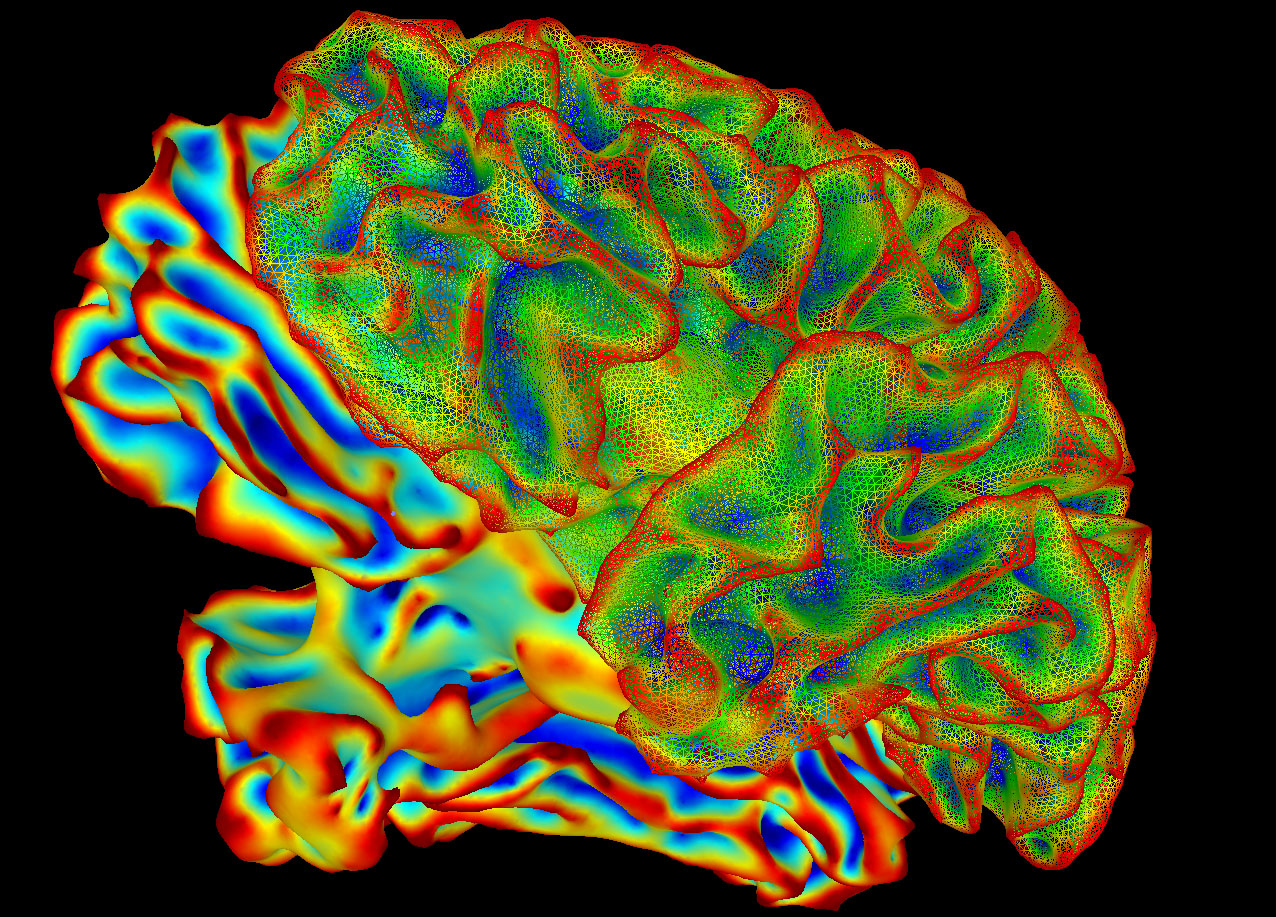 The Faculty of Medicine and Health Sciences at McGill University is seeking to recruit an internationally recognised scientist with a strong track record in innovation and research leadership to direct a new program in “Metabolism and the Brain” that is supported by a prestigious CERC award. The CERC Program supports Canadian universities in their efforts to build upon Canada’s reputation as a global leader in research and innovation through recruitment of world-leading researchers to Canada. CERC awards are amongst the most prestigious and generous available globally.
The Faculty of Medicine and Health Sciences at McGill University is seeking to recruit an internationally recognised scientist with a strong track record in innovation and research leadership to direct a new program in “Metabolism and the Brain” that is supported by a prestigious CERC award. The CERC Program supports Canadian universities in their efforts to build upon Canada’s reputation as a global leader in research and innovation through recruitment of world-leading researchers to Canada. CERC awards are amongst the most prestigious and generous available globally.
The CERC chair-holder will be mandated to build a multidisciplinary research team encompassing a diversity of lived experiences, identifies and career stages in the Faculty of Medicine and Health Sciences with expertise at the intersection of metabolic disorders and neuroscience. The goal of this CERC is to establish a cutting-edge research program at this interface. This program will study the critical role of the brain in the development of obesity and diabetes and address the important roles of disordered metabolism in the development and progression of neurodegenerative diseases. The chair-holder will be expected to create links with industrial partners to accelerate translation of research results into improved health outcomes, while ensuring equitable access to the knowledge produced and to the social and health benefits that will flow from that knowledge.
The CERC program will build on existing strengths in the Metabolic Disorders and Complications (MeDiC) Program of the Research Institute of the McGill University Health Centre (RI-MUHC) and those in Neuroscience at the RI-MUHC, the Montreal Neurological Institute, and other McGill-affiliated sites. The chair-holder will be based at the RI-MUHC. The program will benefit from a dynamic environment that involves strong collaborative links between investigators working in central nervous system control of energy metabolism, neuroimaging, cognitive determinants of feeding, cognitive neuroscience and psychology of self-control, nutrition, aging, clinical and fundamental aspects of neurodegenerative disorders, and computational neuroscience from the Faculties of Medicine and Health Sciences, Agriculture and Environmental Sciences, and Science. This vibrant research and translational ecosystem is further enhanced by several McGill Research Centres and three McGill-affiliated hospitals. Technology platforms at these sites provide state of the art equipment and facilities for conducting leading edge research in fundamental science, clinical investigation and trials, health outcomes and epidemiology.
The successful candidate is expected to:
- Possess a PhD and/or MD degree.
- Be qualified to hold an academic position at the rank of Full Professor or be an Associate Professor who is expected to be promoted to Full Professor within one or two years of the nomination.
- Have expertise at the interface of metabolic disorders and neuroscience research, in areas such as: obesity, diabetes, metabolism, neurodegenerative disorders, neuroimaging, or cognitive neuroscience as demonstrated by an excellent record of publications in internationally recognised scientific journals, success in obtaining external funding, and prior leadership roles in large-scale, interdisciplinary projects.
- Familiarity with directing or collaborating on research employing varied methods at different levels of resolution, ranging from bench science to animal models, to studies in humans, including clinical-translational approaches, will be an asset.
- Understand and personally champion equity, diversity and inclusion through the development of research relevant to marginalized communities, and the creation and coordination of teams in which members are from different backgrounds and areas of expertise.
- Have the skills to promote a shared vision that will engage and motivate diverse collaborators and stakeholders in support of the program.
- Demonstrate the ability to work well with internal and external partners and potential stakeholders, such as funding agencies, charities, patient advocacy groups, private companies, and the public.
- Participate in all aspects of McGill’s academic mission, including teaching, supervision of graduate students, and service.
A further important role of the CERC chair holder will be to contribute to strong and innovative training in metabolism and neuroscience at McGill. Candidates will be expected to possess the skills needed to recruit, teach, and mentor a diverse group of researchers and trainees, reflecting McGill’s commitments to equity and diversity as set out in core institutional documents including McGill’s Equity, Diversity & Inclusion (EDI) Strategic Plan, Taskforce on Indigenous Studies and Indigenous Education and Action Plan to Address Anti-Black Racism.
Finally, all McGill faculty members are expected to contribute to service activities within their units, the University, and the wider scholarly community.
The appointment will be at the rank of Full Professor or Associate Professor. The successful applicant will be eligible for a tenure stream position. If appropriate, the successful applicant may also be considered for the Garfield Weston Chair in Nutrition. Salary will be commensurate with qualifications and experience.
Application Process
Applications must be submitted online at: https://mcgill.wd3.myworkdayjobs.com/en-US/McGill_Careers/job/MUHC-GLEN/Canadian-Excellence-Research-Chair–CERC–in-Metabolism-and-the-Brain–L001753-_JR0000023377
The following supporting documents are required:
- Cover letter and curriculum vitae
- Statement of research interests
- Names and contact information of three referees
CERC guidelines state that researchers who are currently at another Canadian institution are eligible as candidates if there is demonstrable net benefit to the country in moving the researcher from one Canadian institution to another.
Date of publication: March 3, 2022
Please submit your application within 30 days of the publication date.
Use a personal email address when creating an account in Workday to submit your application. Do not use @mail.mcgill.ca or @mcgill.ca email accounts to apply.
Commitment to Equity and Diversity
McGill University is committed to equity and diversity within its community and values academic rigor and excellence. We welcome and encourage applications from racialized persons/visible minorities, women, Indigenous persons, persons with disabilities, ethnic minorities, and persons of minority sexual orientations and gender identities, as well as from all qualified candidates with the skills and knowledge to engage productively with diverse communities.
At McGill, research that reflects diverse intellectual traditions, methodologies, and modes of dissemination and translation is valued and encouraged. Candidates are invited to demonstrate their research impact both within and across academic disciplines and in other sectors, such as government, communities, or industry.
McGill further recognizes and fairly considers the impact of leaves (e.g., family care or health-related) that may contribute to career interruptions or slowdowns. Candidates are encouraged to signal any leave that affected productivity, or that may have had an effect on their career path. This information will be considered to ensure the equitable assessment of the candidate’s record.
McGill implements an employment equity program and encourages members of designated equity groups to self-identify. It further seeks to ensure the equitable treatment and full inclusion of persons with disabilities by striving for the implementation of universal design principles transversally, across all facets of the University community, and through accommodation policies and procedures. Persons with disabilities who anticipate needing accommodations for any part of the application process may contact, in confidence, this email or phone at 514-398-2477.
All qualified applicants are encouraged to apply; however, in accordance with Canadian immigration requirements, Canadians and permanent residents will be given priority.
Contact information
Applications must be submitted online at: https://mcgill.wd3.myworkdayjobs.com/en-US/McGill_Careers/job/MUHC-GLEN/Canadian-Excellence-Research-Chair–CERC–in-Metabolism-and-the-Brain–L001753-_JR0000023377
If you have any questions, please contact the Academic Affairs Office, Faculty of Medicine and Health Sciences, McGill University: Email: academicaffairs.med@mcgill.ca
Download a PDF version of this advertisement











 The Faculty of Medicine and Health Sciences at McGill University is seeking to recruit an internationally recognised scientist with a strong track record in innovation and research leadership to direct a new program in “Metabolism and the Brain” that is supported by a prestigious CERC award. The CERC Program supports Canadian universities in their efforts to build upon Canada’s reputation as a global leader in research and innovation through recruitment of world-leading researchers to Canada. CERC awards are amongst the most prestigious and generous available globally.
The Faculty of Medicine and Health Sciences at McGill University is seeking to recruit an internationally recognised scientist with a strong track record in innovation and research leadership to direct a new program in “Metabolism and the Brain” that is supported by a prestigious CERC award. The CERC Program supports Canadian universities in their efforts to build upon Canada’s reputation as a global leader in research and innovation through recruitment of world-leading researchers to Canada. CERC awards are amongst the most prestigious and generous available globally.